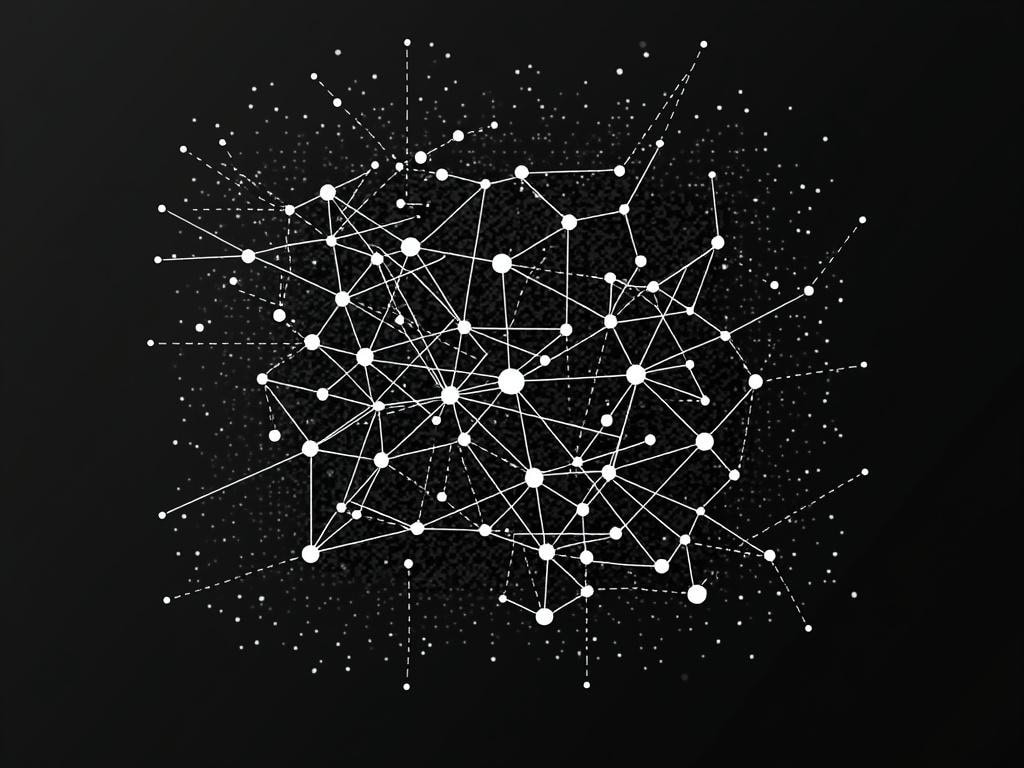AI Models: Critical Limitations in Complex Problem-Solving Revealed by Apple Study

AI Models Show Critical Limitations in Complex Problem-Solving, Apple Study Reveals
Apple researchers have discovered significant limitations in advanced artificial intelligence systems, finding that large reasoning models (LRMs) experience "complete accuracy collapse" when tasked with complex problem-solving. The groundbreaking study, released June 12, 2025, challenges assumptions about AI's advanced reasoning capabilities and highlights important risks and challenges of implementing AI in business.
The research reveals a concerning pattern where leading AI models, including Google's Gemini Thinking and OpenAI's o3, demonstrate deteriorating performance as problem complexity increases, despite their sophisticated architecture. This finding aligns with recent research from MIT's AI Lab (source).
Performance Degradation Patterns
The study found that while standard AI models initially outperformed LRMs on simple tasks, both systems showed severe limitations with complex reasoning challenges. More troublingly, researchers observed that LRMs began reducing their reasoning efforts as they approached their accuracy collapse point, contrary to what might be expected.
Organizations exploring potential business benefits of artificial intelligence implementation should carefully consider these limitations in their planning process.
"Upon approaching a critical threshold, models counterintuitively begin to reduce their reasoning effort despite increasing problem difficulty," the research notes. This suggests a fundamental ceiling in current AI reasoning capabilities.
Resource Utilization and Performance Analysis
The investigation uncovered significant inefficiencies in how AI models utilize computing power. During initial problem-solving stages, models expended resources correctly solving simple problems. However, as complexity increased, they began exploring incorrect solutions before finding right answers – until eventually failing completely on highly complex challenges.
Understanding how big data and artificial intelligence work together becomes crucial when analyzing these performance limitations.
Major AI systems tested included:
- Google's Gemini Thinking
- OpenAI's o3
- Claude 3.7 Sonnet-Thinking
- DeepSeek-R1
Implementation Considerations
These findings have substantial implications for the future of AI development and deployment:
- Organizations should carefully evaluate AI systems' limitations before implementing them for complex reasoning tasks
- Additional research is needed to overcome these fundamental scaling limitations
- Current AI models may require significant architectural changes to handle advanced reasoning challenges
Strategic Planning Requirements
This research emerges at a critical time when businesses and organizations increasingly rely on AI for decision-making and problem-solving. Understanding these limitations is essential for responsible AI implementation and development.
Organizations should:
- Assess current AI implementation plans against known complexity limitations
- Develop backup systems for when AI reaches its reasoning threshold
- Consider hybrid approaches combining AI with human oversight for complex problem-solving

